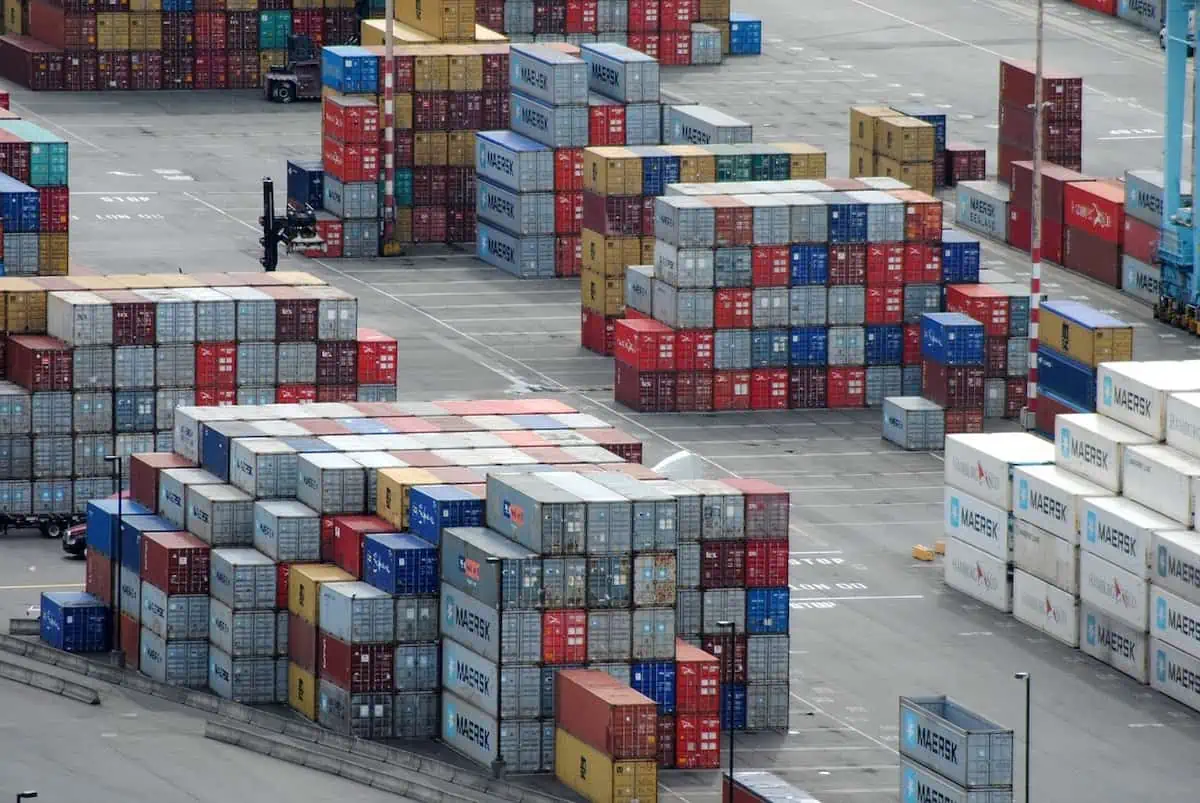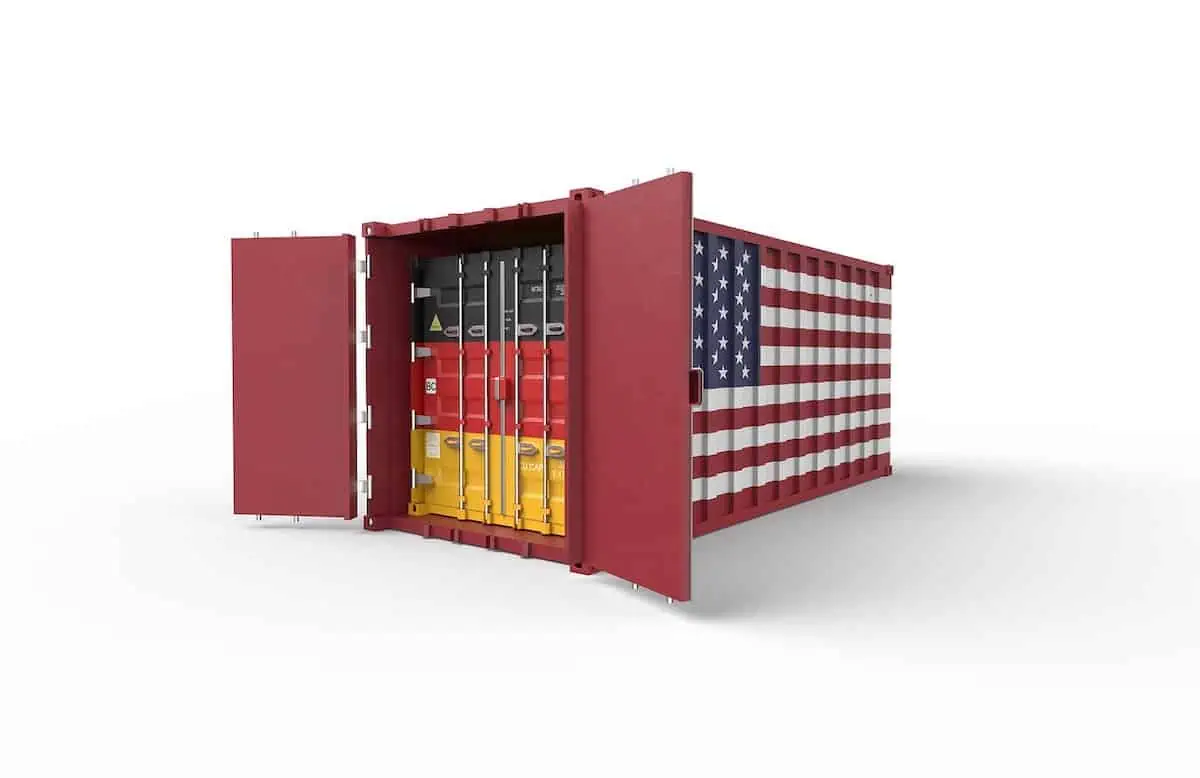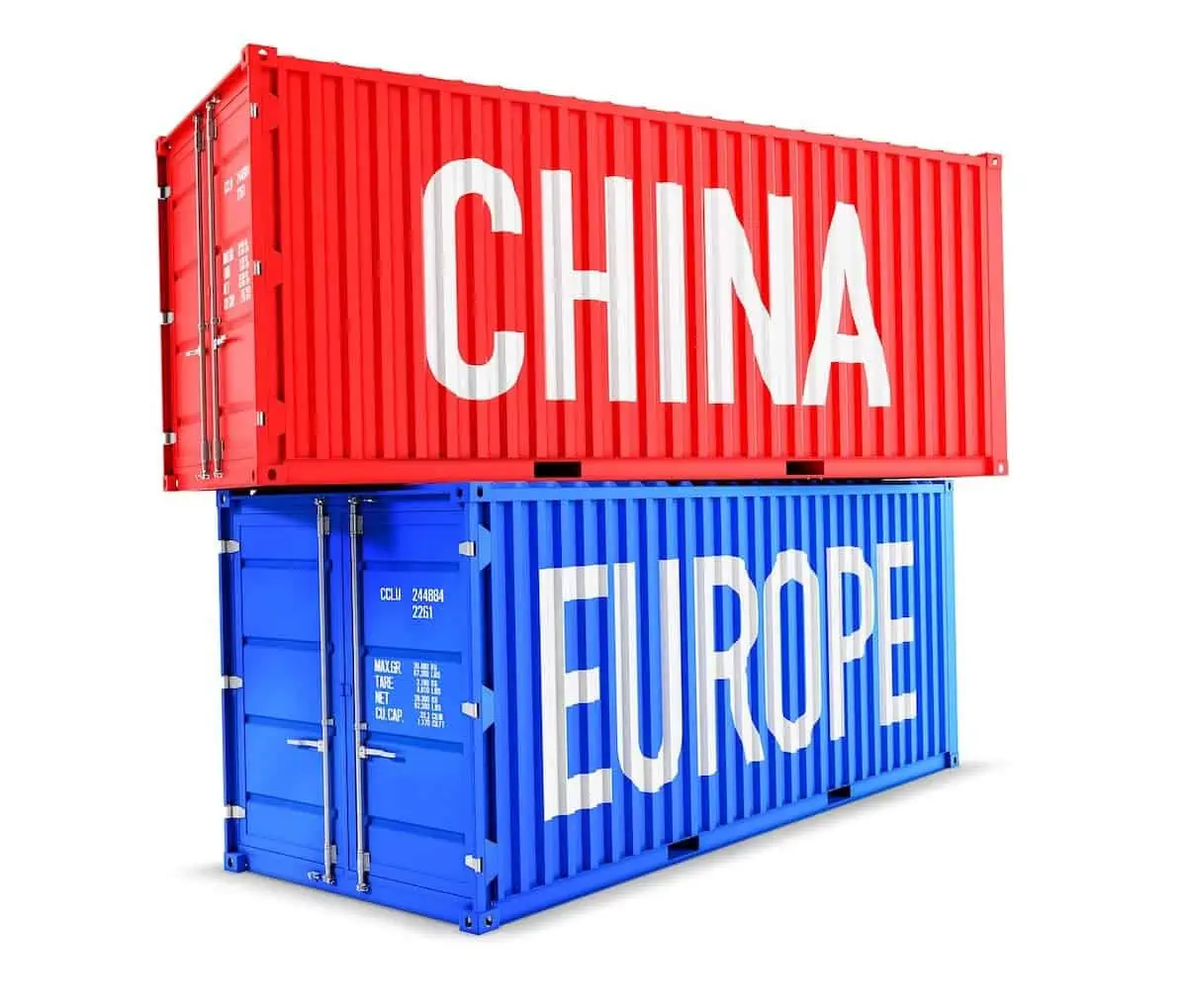Importers all over the world are required to use a harmonized tariff schedule code on their products, but what is an HTS code?
Well, it’s a set of numbers, usually between six and 10, that identifies a product so that a country’s government can quickly know what is in a shipment that’s coming to their shores, how much to tax the products in that shipment, and whether or not other agencies need to be involved (for regulated items such as some foods, drugs, alcohol, firearms, and more.
Here’s more on what a Harmonized Tariff Schedule, or HTS, code is and its history.
Continue reading “A Brief History of Harmonized Tariff Schedule (HTS) Codes!”




